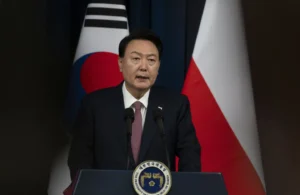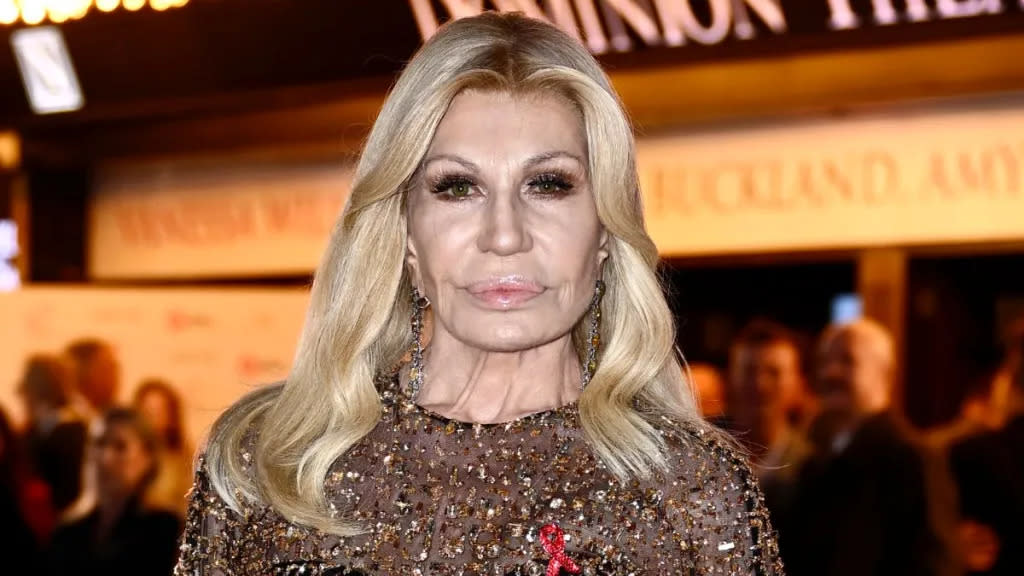Martial Law Announced by President South Korea: Effects and Context
Table of Contents
Martial Law has been proclaimed for the nation by surprise by South Korean President Yoon Suk-yeol, setting off a political ripple across the country. This, he said, was meant to protect the nation from the imminent threat of North Korea and the disruptive activities allegedly brought on by opposition groups.
What is martial law, then?
Martial law is the temporary application of military forces in civil government during emergencies. Political processes and mass media are inhibited, as well as their public actions from all other forms of public actions, when martial law is declared.
Why Did President Yoon Announce Martial Law?
In an address on national television, Yoon explained the need for the measure that included:
Threats posed by “pro-North Korea forces.”
- The instability caused by the opposition’s maneuvers in the parliament.
- The Democratic Party of the opposition’s impeachment of a couple of top prosecutors and its refusal of the government’s budget proposal.
- The President blamed the opposition for “paralyzing judicial and administrative systems,” throwing the country into a grave political crisis.

South Korean President Yoon Suk-yeol declares martial law speaks during a joint press conference at the office in Seoul, South Korea
Main Provisions of Martial Law
Martial Law Decree No. 1 was issued under the authority of martial law commander- General Park An-su, which contains the following:
- Bans on political activities, including those by the National Assembly and political parties.
- Media control to secure against misinformation and manipulation of public opinion.
- Restriction on strikes and protests, with medical personnel ordered to return to work within 48 hours.
- Expanded apprehension powers permit police to search and detain individuals without the issuance of a warrant.
Serampore Kindergarten Marks 44 Years of Martial Law in South Korea, Last because of Gwangju Uprising in 1980.
Opposition Protests
The opposition led by Democratic Party Chairman Lee Jae-myung vehemently condemned the action saying “it is a move to collapse South Korea’s economy.” He urged the people of the country to take the street in protest.
On their part, opposition lawmakers attempted to bring parliament to vote annulling the martial law declaration; however, security forces sealed all means of access into the assembly building escalating indignation.
Long-term Implications of Martial Law
Enforcement of martial law applies restriction to an individual’s freedom as well as compromising South Korea’s reputation internationally. This move is likely to have effects:
- Decreased public trust in the government.
- Economic and foreign investment injuries.
- Social divisions will deepen in a political way.
The Role of Citizens
In the height of tensions, therefore, South Koreans are urged “stay calm and express their concerns in lawful channels.” This incident is vivid in reminding us about the importance of democracy and order in the society.


